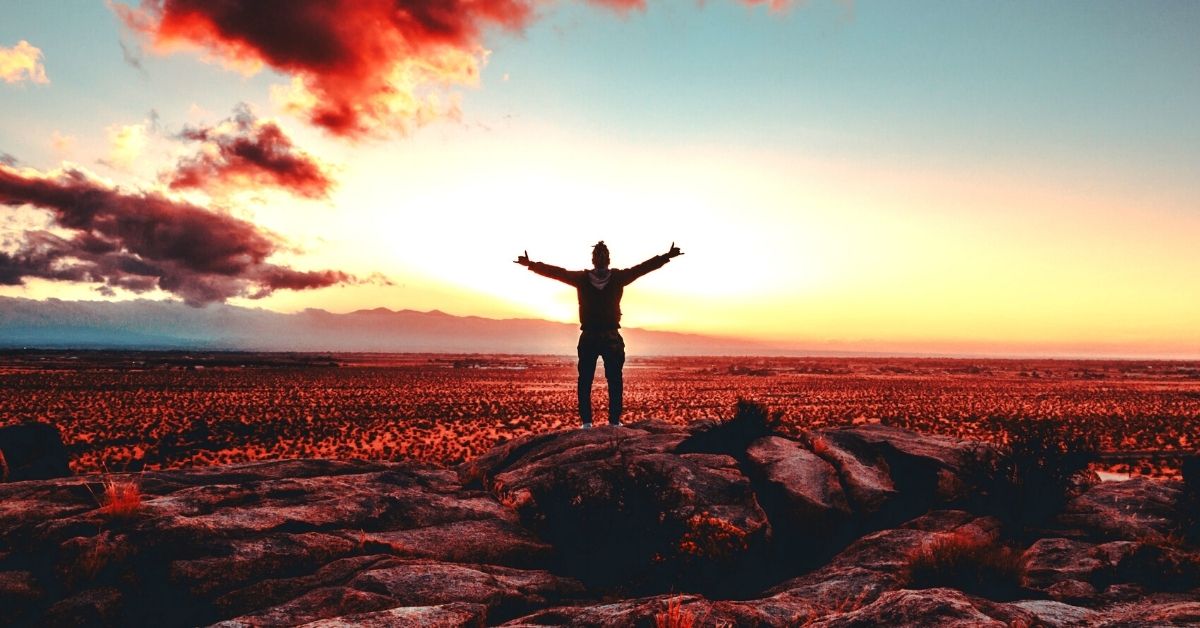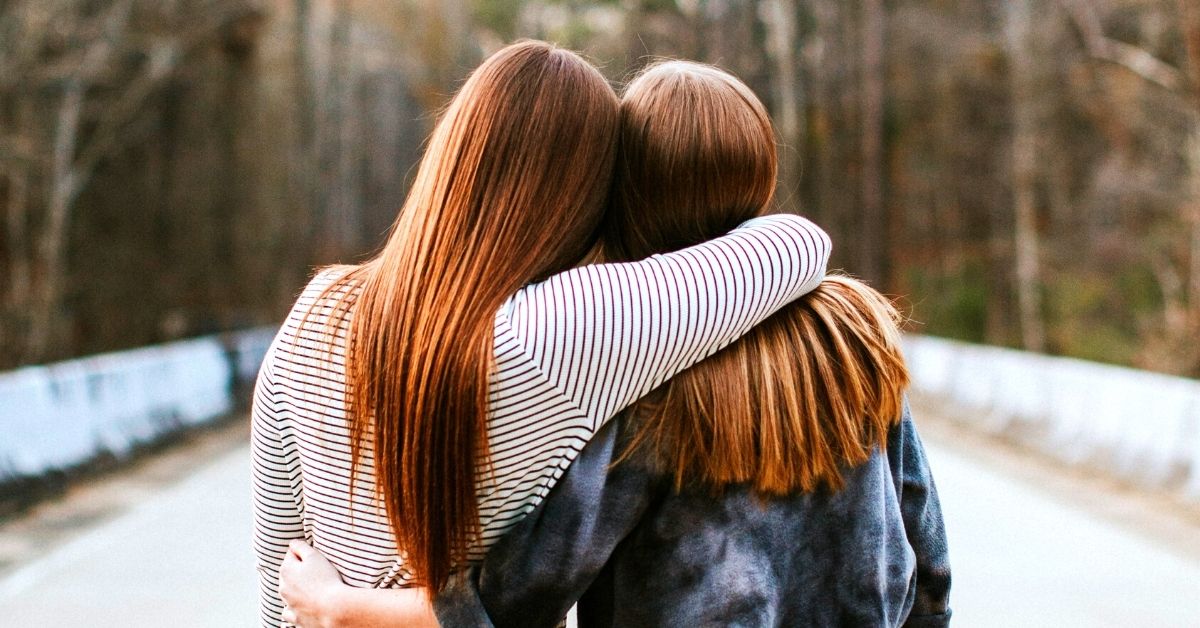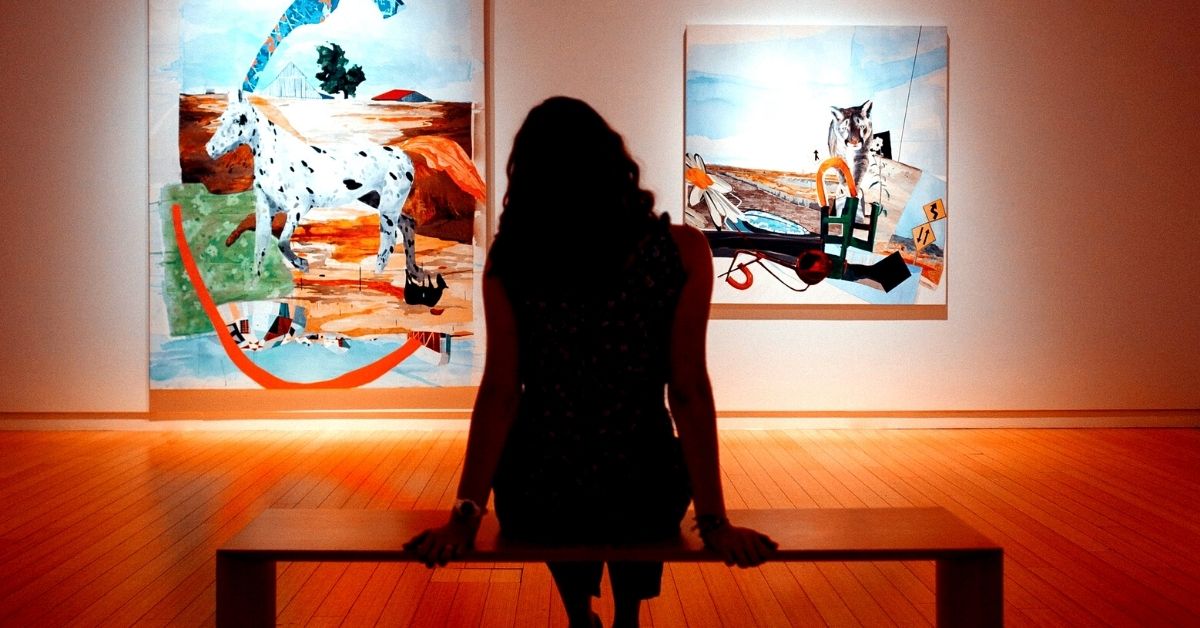By: Aaron Johnstone
The Winter Solstice has come and gone, putting an exclamation mark on our calendars with the frosty reminder that the days are short, and the shadows long as the dreary darkness of winter takes hold.
For Tasmanians, Dark Mofo ‘resurrected’ after a 2020 hiatus, and a subdued 2021 (with borders and travel subject to circumstance). The colours, the crowds and the concerts have been back, providing a paradoxical escape from the darkness by embracing it and venturing further into it. Dark Mofo unapologetically provides a new-age spiritual space for a culture that seems to have largely forgotten the power of transcendent narratives that tell their story through ritual, sacraments, and immersive experiences that engage the senses (i.e. the bells and smells).
For myself I was very pleased when one of my favourite bands, Boris, returned to the stage, in a sonic bombardment of light, sound, and smoke, making us forget the engulfing darkness and frigid temperatures outside, even if it was but for a few short hours. Boris; musical unicorns, pioneers, and masters of effortless genre jumping while retaining their distinctive sound and energy – remain as prolific and youthful as ever despite celebrating their 30th year together in a special anniversary show. It was a magical performance somewhat bookending my current Dark Mofo experience after being the headline act in the inaugural year. And being my 5th Boris concert now, it made me think about those rare experiences and pleasures that we can keep coming back to without getting bored.
What it Means When We Feel Inspired

There seems to be something deeply human about returning to the things that animate us, inspire us, and make us feel like we’re experiencing something we were meant to experience – as both a subjective individual and as part of something so much bigger than our individual proclivities and preferences. Whether it’s a euphoric music experience, a brilliant novel, a provocative artwork, a powerful speech, or a rich and enduring friendship – they all have the power to change us, and command our attention, giving us a sense of our place in this world. And they are the things that we can return to, find solace and comfort in. Soaking in the depths of the experience, the intricacies, the beauty, the creativity, the sense of delight in each return trip. Where the experience washes over us bringing pleasures simultaneously new and familiar.
We also find it in those faces, places and spaces that have been formative and frequent. Building connection with our past selves to times that were maybe more optimistic, carefree, and satisfying. Reminding you of romantic interests, chance opportunities, special moments, or even lifestyles that were available for a season or circumstance, but no longer feature in the same way for the life you now lead.
Returning to Treasured Memories
They may be skewed and rosey-eyed yearnings for the past, but the feeling is no less real. And not all experiences and habits are able to replicate the things that make us feel alive in these ways. In fact, most things cannot, with repeated visits bringing diminishing returns at best, and outright boredom and despair at worst. It’s why we often become addicted to our pleasures, as the search for happiness only reinforces the elusive nature of acquiring it. It’s also why the things that make us feel truly alive are relatively few, worth cherishing, and accepting them for what they are as ephemeral moments in a busy life. Some stand the test of time though.
Experiencing the arts can be one of those things. Arthur Brooks – a doctor of happiness, writing for the Atlantic – talks about it as being something of existential value:
“Too often, we let the humdrum reality of life get in the way of the arts, which can feel frivolous by comparison. But this is a mistake. The arts are the opposite of a diversion from reality; they might just be the most realistic glimpse we ever get into the nature and meaning of life.”
This is something being realised in various countries and cities, with some policies seeking to invest in public art through small Universal Basic Incomes schemes for aspiring artists.
The Value of Friendship

Another is friendship; an obvious thing to invest-in and return-to repeatedly. Having people that offer us love, loyalty, support, service, honesty, humour, counsel and encouragement – and being that person in return – will always be a deep well to draw on when life is getting dry. But there are other experiences that can sustain us for fullness of life too. Underrated experiences it must be said.
Spiritual or ‘faith’ experiences can be a flowing reservoir full of rituals, relationships, and traditions that can guide our path in surprisingly cathartic ways. It’s perhaps part of what makes Dark Mofo so appealing. It was interesting to read Leigh Carmichael sharing his inspiration for Dark Mofo early on, seeking to replicate the mystique and power of religious communities, connections, practices, while ‘embracing winter’ to their advantage.
And sure, most of this is realised through pagan ideas, symbols and references that are both pervasive and confronting for many Christians thinking about these festivals. But there is also a space at the table for Christian thought and reflection. Every year, Dark Mofo seemingly enters into the theological conversation and invites others to do the same. Last year the theme was ‘Come to the Cross’, this year ‘Resurrection’. Back to back titles referencing the one-two punch of Christian hope and witness. The place that Christians keep coming back to day after day, week after week, year after year, as hearts, minds and lives are changed.
Now I’m not saying Dark Mofo is somehow a ‘Christian festival’, but I do want to say that it’s not a place that wholeheartedly mocks, rejects or escapes the message of God’s overwhelming love.
Art An Escape From Darkness

In a way, Dark Mofo invites us all to reflect on the paradoxical escape from the darkness that God gives us all. God himself ventured into the darkness by becoming man and confronting the worst of human weakness, hostility, immorality, and cowardice. Bickering with a religious establishment intoxicated by power and influence, while being far more skilled and adept at killing their own credibility than the saviour and fulfilment of their scriptures. The Romans, who were experts in torture, subjugation and military conquest finally succumbed to the Pharisaical ‘Big Lie’, as mere footmen for an epic miscarriage of justice.
And yet in this darkness -the darkness of human mixed motives, morality and murderous intent – by embracing these things, God provides a refuge and sanctuary that can be found, experienced and lived – making us forget about the darkness and frigidity. We’re all invited to come to the cross, lay down our burdens, and experience the resurrection of Christ.
Scripture mentions that ‘darkness fell across the whole land’ for a time that day, and yet through one man’s death it puts an exclamation point on the historical record, and powerfully reminds us of hope, forgiveness and better days ahead. A love and light that will always outshine the darkness and keeps us coming back in perpetuity, gratitude and awe.
Article supplied with thanks to City Bible Forum.
About the Author: Aaron Johnstone is writer with Third Space, with a Masters from Sydney Missionary & Bible College, and a passion for connecting Christianity with culture.
Feature image: Photo by Rocco Dipoppa on Unsplash

